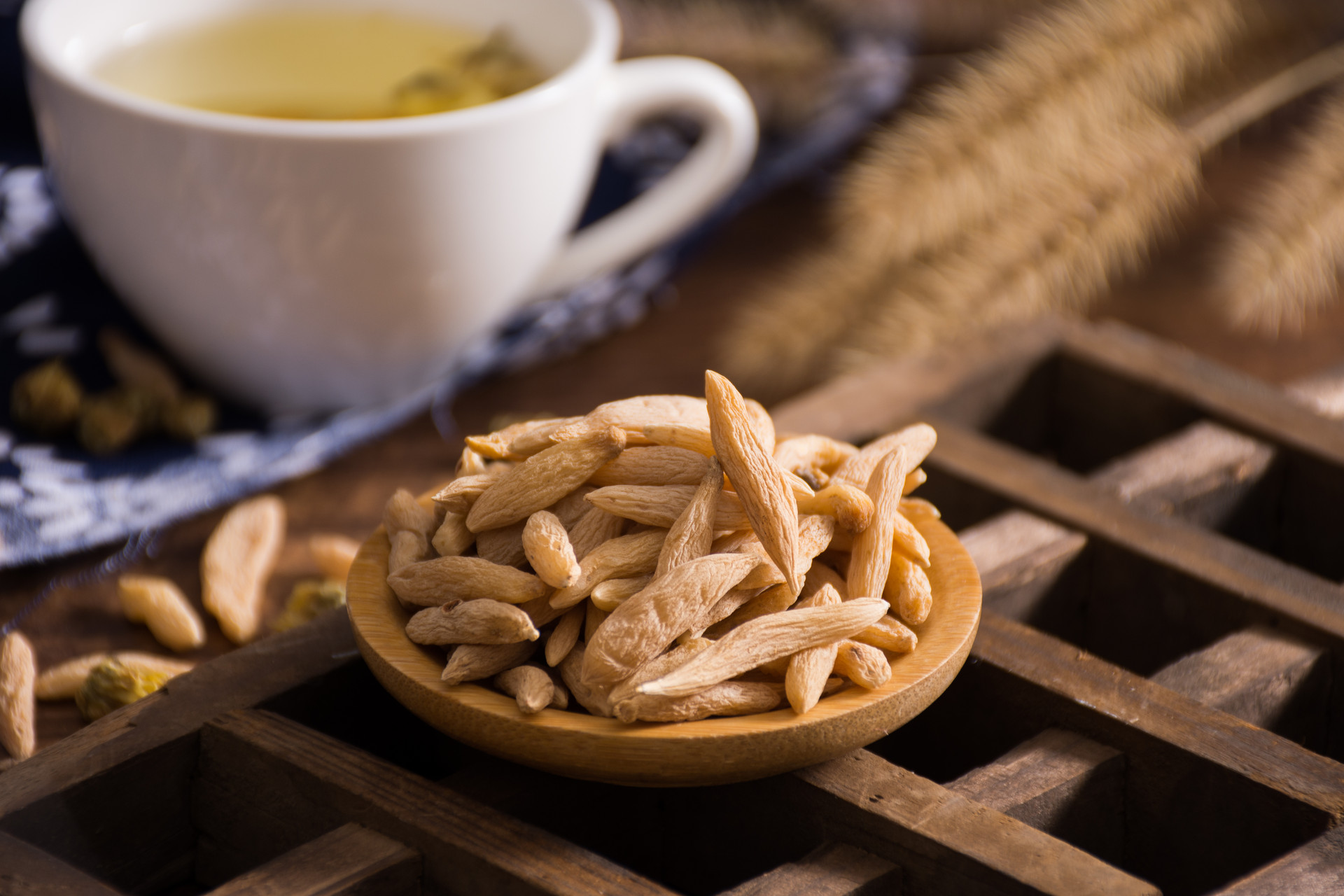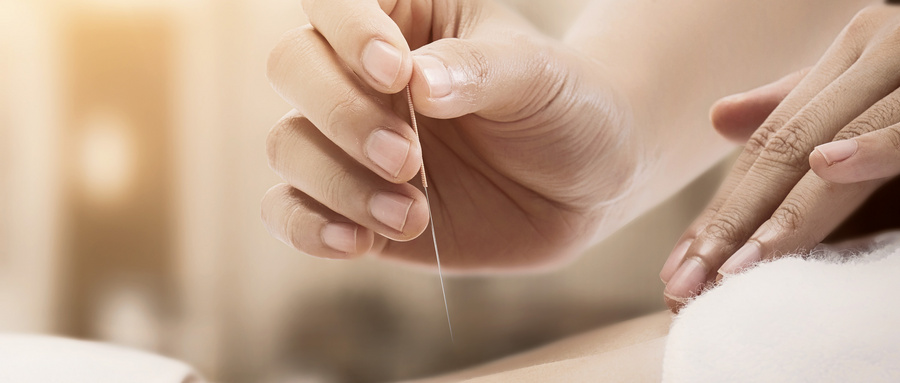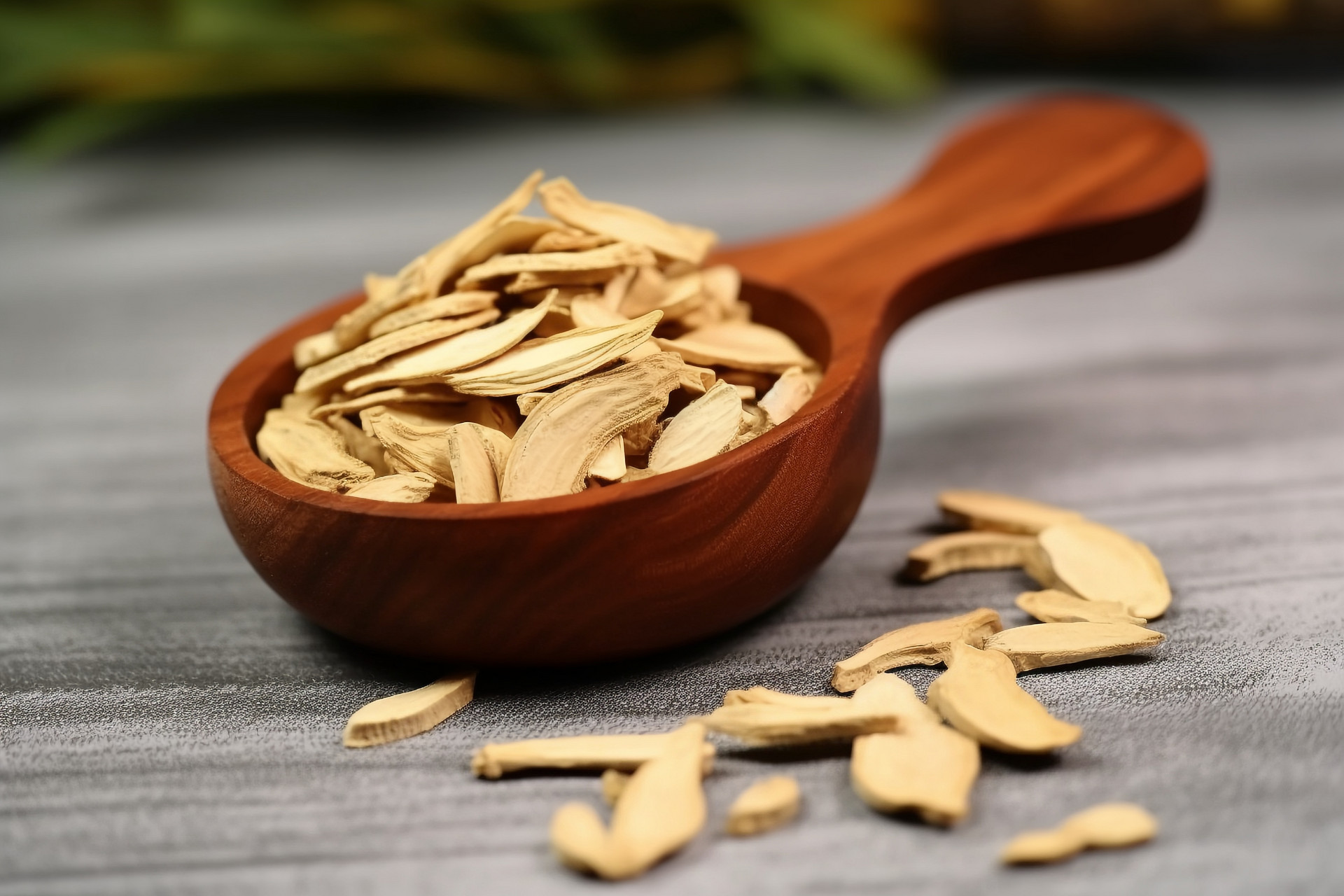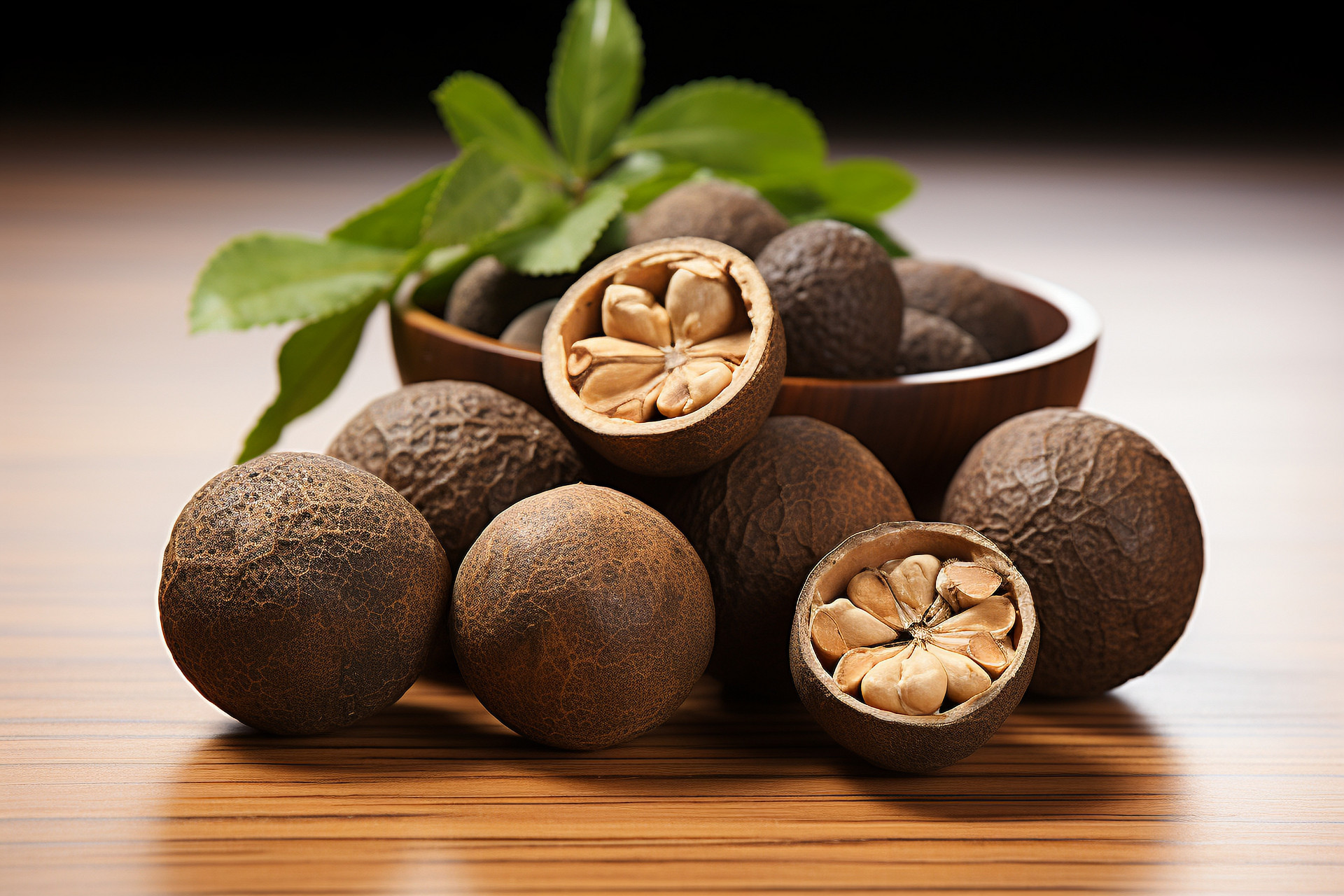Rose, also known as pen flower or thorn rose, is the first flower of the Rosa plant in the Rosaceae family. Rose is warm in nature, with a slightly sweet and bitter taste. It enters the liver and spleen meridians and has the functions of regulating qi, resolving depression, and promoting blood circulation. It is used to treat conditions such as liver and stomach pain, chronic wind-damp bi syndrome, vomiting blood, irregular menstruation, abnormal vaginal discharge, and breast abscess. "Bencao Zhengyi" states, "Rose has the strongest fragrance, clear and not turbid, soothes the liver and awakens the stomach, invigorates qi and activates blood, unblocks stagnation without any pungent, warm, or dry side effects. Among all qi-regulating medicines, it is the most effective and gentle. There are few other aromatic herbs that can compare to it." In the market, dried flowers of the plant Rosa obtusifolia are often used as substitutes for roses, so it is important to distinguish between the two when using them.
Genuine roses: Dried flowers have a slightly semi-spherical or irregular clump shape, with a diameter of 15-30 centimeters. The petals are dense and often wrinkled. After unfolding, they are broadly ovate and arranged in a tile-like pattern. The color is purplish-red and vibrant, with a yellow stamen in the center and green sepals at the base, which split into 5 lobes at the apex, and a swollen floral receptacle underneath. The flowers are lightweight and brittle. They have a strong and fragrant aroma, with a slightly bitter taste.
Counterfeit Rosa obtusifolia flowers: Also known as beautiful rose, the flowers are solitary or clustered, with bracts; the flower stalk is 1.5-3 centimeters long, without hair or with glandular hair; the sepals are split into 5 obovate-lanceolate lobes, with entire margins and pointed tips; the flowers have a diameter of 4-6 centimeters; the petals are inverted ovate in shape, pink or rose-colored; the styles are separate and covered in soft hair.
Modern pharmacological studies have shown that beta-carotene in roses helps protect the body from free radical damage; it improves microcirculation and has a protective effect on infarcted myocardium; it enhances immune function, protects the liver, reduces fat, and has anti-aging properties; it has anti-rheumatic effects and treats injury-related stasis and pain; it invigorates the spleen and benefits the stomach, has astringent and anti-inflammatory effects, regulates menstruation and stops abnormal vaginal discharge; it opens the orifices, invigorates the mind, and relieves psychological stress.
Research has also shown that roses have detoxifying, purifying, and beautifying effects. They have good therapeutic effects on facial acne, pigmentation, and melasma caused by endocrine disorders. However, counterfeit Rosa obtusifolia flowers, although from the same plant family as roses, do not possess the various medicinal properties of roses and cannot be used as a substitute. The roots of Rosa obtusifolia are often used medicinally for their blood-activating and pain-relieving effects.











